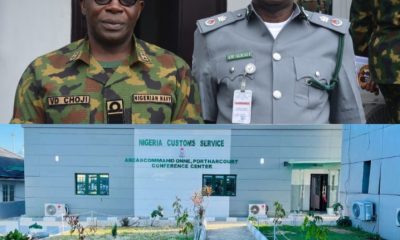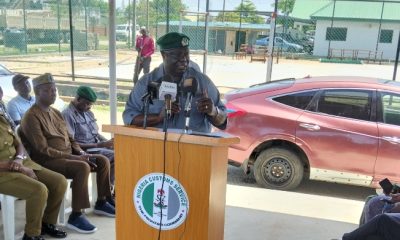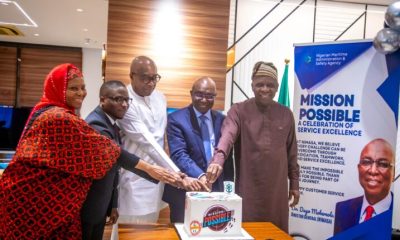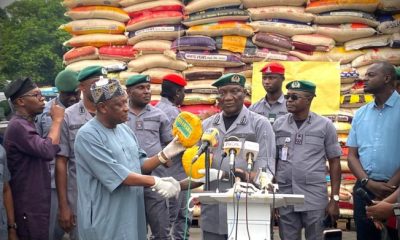By Ezurike Ugochukwu
The Nigerian National Petroleum Corporation(NNPC) has reacted to news making the rounds Friday morning that the price of Premium Motor Spirit (PMS) or petrol has gone up to N212.61, saying it has not announced any increase.
The announcement is coming on the heels of the Petroleum Products Pricing Regulatory Agency (PPPRA) publication on its website template of new petrol price of N212.61.
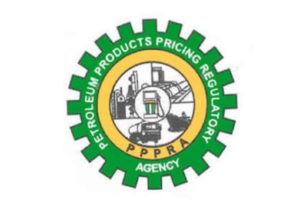
According to PPPRA the projected hike was due to the market determinants based on present price and importation costs.
The template it released Thursday night revealed that a litre of fuel would now be sold for the prices ranging from N209 to N212 per litre for March, against N186 the crucial commodity retailed in February.
Lending also their voice, the Major Oil Marketers Association of Nigeria (MOMAN) and Independent Petroleum Marketers Association of Nigeria (IPMAN) equally said that there is no hike in the pump price of Premium Motor Spirit (PMS) or petrol.
Countering the PPPRA on the hike controversy, NNPC on its official Twitter page insisted that there is no increase in depot price of Premium Motor Spirit.
It stated: “NNPC insists no increase in Ex-Depot Price of PMS in March.”
In a release by the Group General Manager, Group Public Affairs Division of the Corporation, Dr Kennie Obateru, stated: “NNPC stands by that statement that we issued on March 1 that we are not increasing the Ex-depot price in the month of March and that is what it is.

Obateru
“There is no need for panicking and I can tell you from our own point of view that we will not increase the pump price of petrol and we are still standing by that March 1 decision.
“We have sufficiency of product in the country and there is really no need for the public to panic. Like I have stated, the ex-depot price for the NNPC has not increase and it will not increase in this month of March,’’ he said.
The projected hike was as a result of the March landing cost of N189.61 per litre as against N163.74 in February.
The situation has brought average littering expenses at about N4.81 per litre; Nigerian Ports Authority (NPA) charge N2.49 per litre; NIMASA charge N0.23 per litre; Jetty Thru put of N1.61 per litre and Storage charge of N2.58 per litre and average finance cost of N2.17 per litre, translating to an expected landing cost per litre of N189.61.
Wholesale margin was fixed at N4.03 per litre; administration charge, N1.23 per litre; transporters’ allowance (NTA) of N3.89 per litre; Bridging Fund cost of N7.51 per litre and Marine transport average (MTA) of N0.15 per litre.
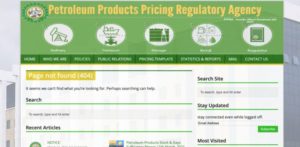
PPPRA withdrawn template
A visit to the PPPRA website http://pppra.gov.ng/pms-guiding-price-for-march-2021/, we discovered that PPPRA has deleted the announcement, leaving Page not found (404).
Since coming into power of President Buhari in 2015 and with it’s announced partial deregulation of the oil sector, the PPPRA has been setting guidelines for petrol sales, whereas the government maintains control of policies that determine ultimate retail costs.
Buhari administration met on ground N87 per litre in 2015, and there has been periodic increase despite appeals from Nigerians that the biting costs would worsen inflation and living conditions for a country already designated as the world’s poverty capital.
It would be recalled that on March 1, 2021, Obateru, stated that contrary to speculations of imminent increase in the price of petrol in the country, there would be no increment in the ex-depot price of petrol in March.
The cooperation it said was not contemplating any raise in the price of petrol in March in order not to jeopardize ongoing engagements with organized labour and other stakeholders on an acceptable framework.
The main opposition party, the People’s Democratic Party (PDP), in a statement by its National Publicity Secretary, Mr Kola Ologbondiyan in Abuja in February cautioned the Federal government against another increase in fuel price.
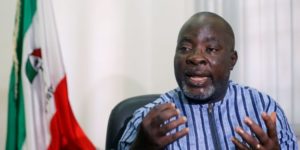
Ologbondiya
Ologbondiya stated that Nigerians might not survive a further fuel price increase with its attendant increase in cost of goods and services considering that there was a hike last November 2020 to N170 per litre.
He said: “With a N30,000 monthly minimum wage, which represents N1,000 daily wage, compared to a countries like Saudi Arabia with a monthly minimum wage of 3,000 Riyals; a daily pay of100 Riyals (N10,161).
“There is no foundation to base fuel price in Nigeria with that of Saudi Arabian where citizens earn ten times higher.
“Our party therefore rejects any contemplation towards fuel price increase,” he said.

Many Nigerians are of the view that if the pump price is allows to stand along with the current cut throat electricity tariff in the country, there stand to arise a
prompt impact on cost of goods and services with inflation, making it harder for more people to afford food and other basic needs for their families.
Our sources said the fuel scarcity in Abuja and other cities lately was created by depot owners hoarding the product, and raising prices in anticipation of a hike.
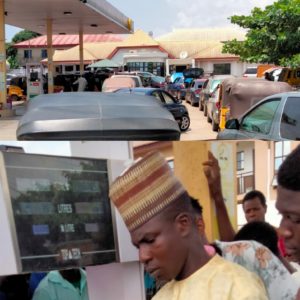
Filling station in Lagos on Friday
A visit by Nation Update around Lagos cities Friday morning showed that many patrol stations were locked and were not selling.
Some NNPC retail stations visited were selling and on the usual N62:00 per litre price, some others were not selling saying they were expecting the product.
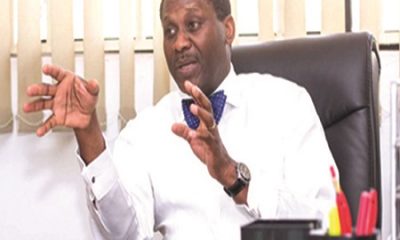
 Business5 years ago
Business5 years ago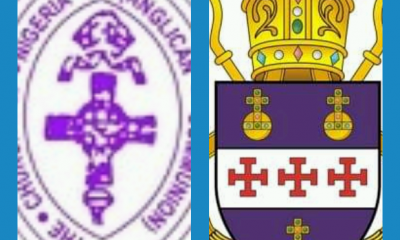
 News6 years ago
News6 years ago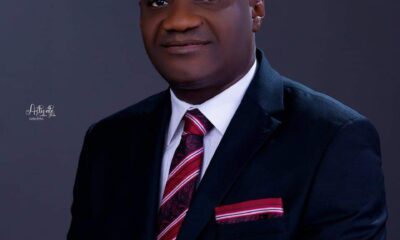
 Crime2 years ago
Crime2 years ago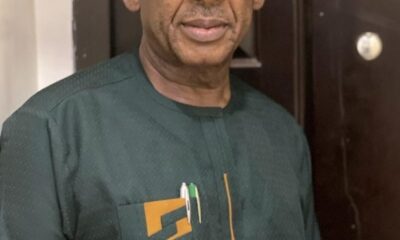
 News1 year ago
News1 year ago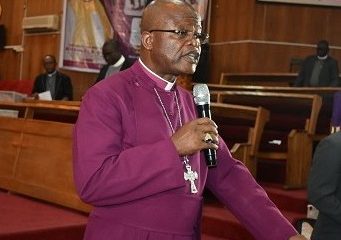
 News5 years ago
News5 years ago
 Football6 years ago
Football6 years ago
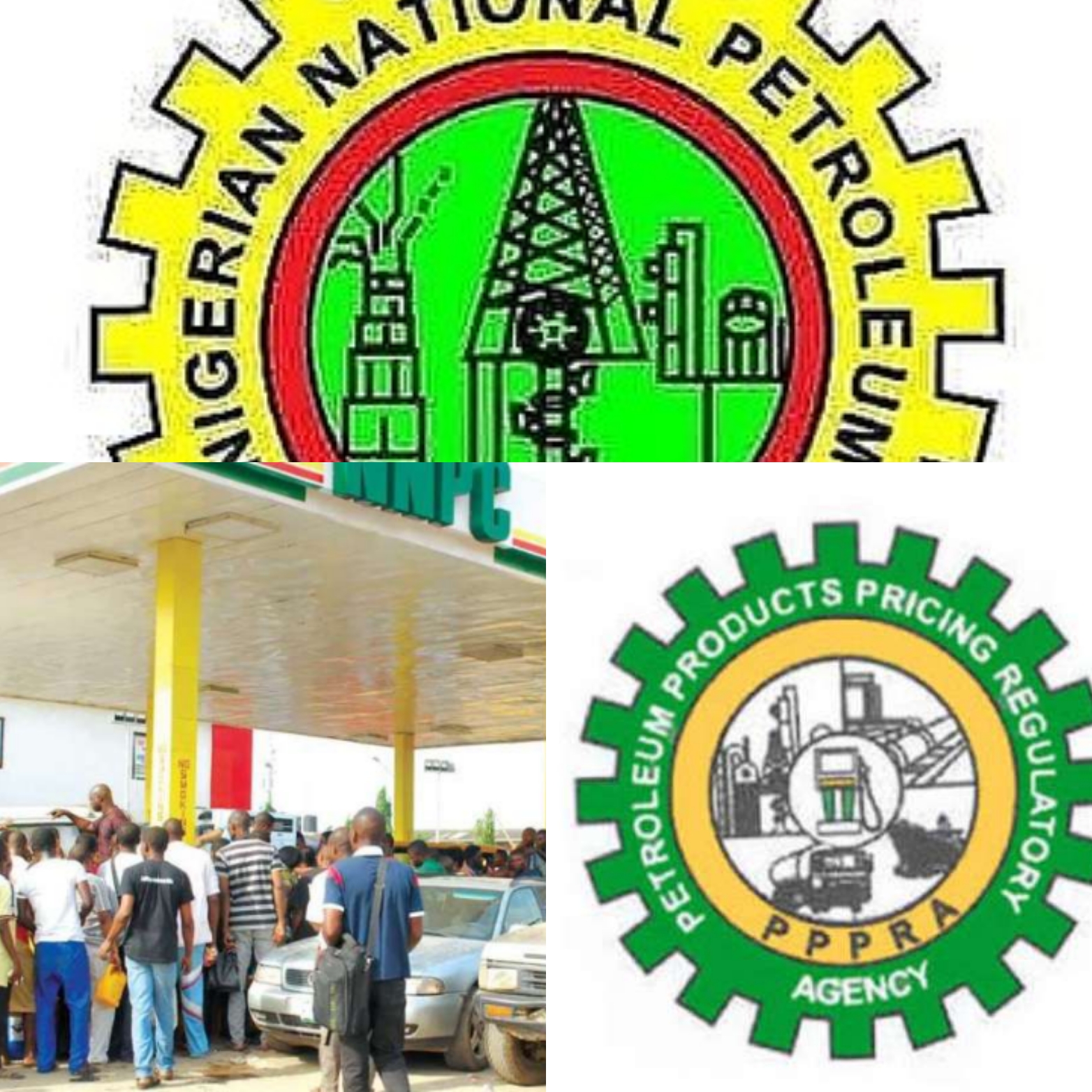
 According to PPPRA the projected hike was due to the market determinants based on present price and importation costs.
According to PPPRA the projected hike was due to the market determinants based on present price and importation costs.


 Many Nigerians are of the view that if the pump price is allows to stand along with the current cut throat electricity tariff in the country, there stand to arise a
Many Nigerians are of the view that if the pump price is allows to stand along with the current cut throat electricity tariff in the country, there stand to arise a

